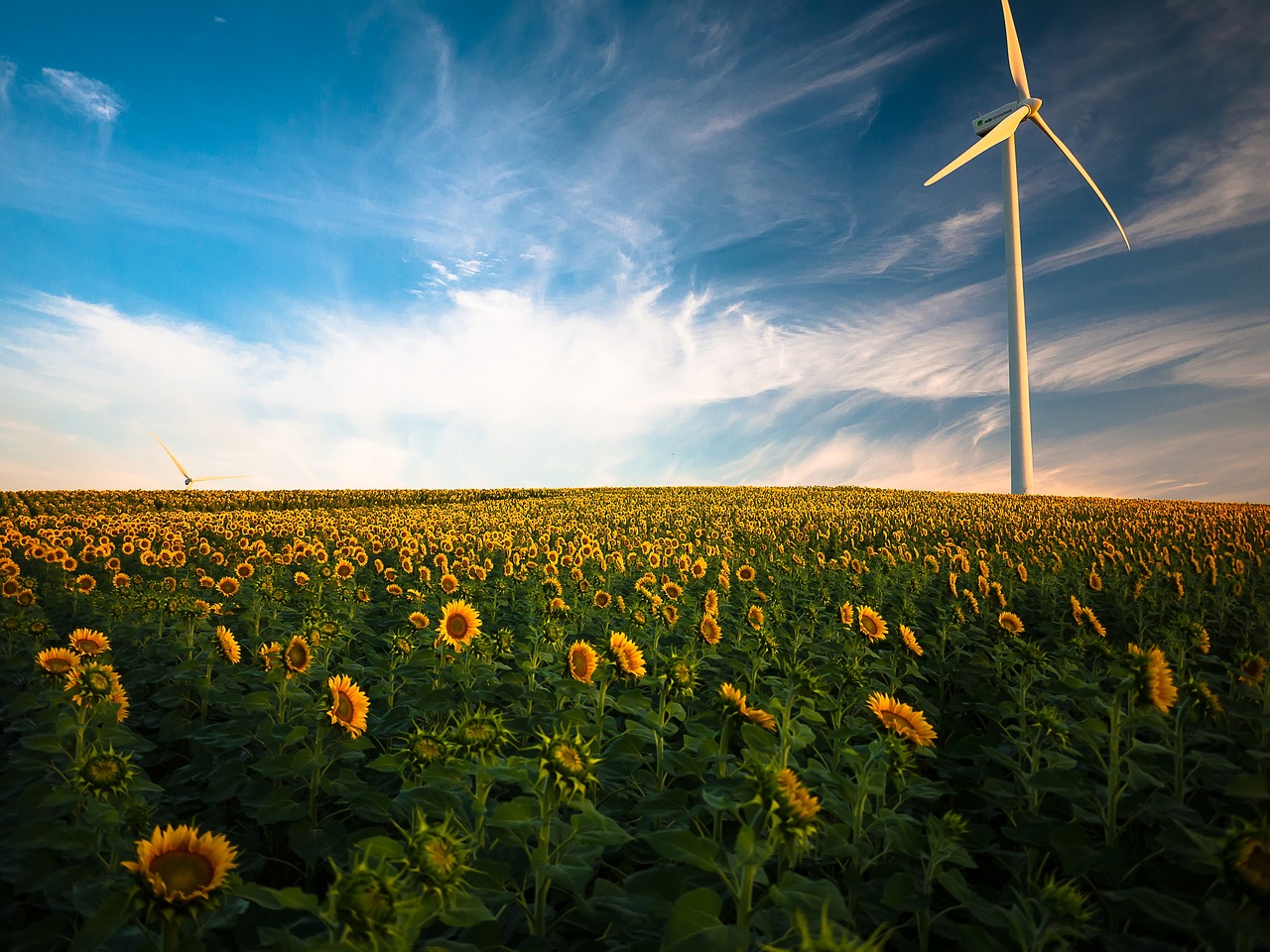Nyheter
European countries pledge huge expansion of North Sea wind farms

Nine countries sign declaration to turn North Sea into "Europe’s biggest green power plant".
Nine European countries have pledged to multiply the capacity of offshore wind farms in the North Sea by eight times current levels before 2050, turning it into what Belgium’s energy minister called “Europe’s biggest green power plant”.
The French president, Emmanuel Macron, the German chancellor, Olaf Scholz, and the European Commission chief, Ursula von der Leyen, announced the plan with the prime ministers of Belgium, the Netherlands, Ireland, Denmark and Luxembourg.
Norway’s prime minister and Britain’s energy security minister, Grant Shapps, also committed at the summit in Ostend, Belgium, on Monday to build more wind farms, develop “energy islands” – connected renewable generation sites at sea – and work on carbon capture projects.
“We are unlocking our offshore energy ambitions,” the Belgian energy minister, Tinne van der Straeten, said. “Coordination is absolutely essential. If each of the nine countries acts alone, we’ll collectively fail. Planning is at the core of everything.”
Aiming to both curb reliance on Russian gas and radically reduce the use of CO2-emitting fossil fuels, the nine countries aim to boost their combined North Sea offshore wind capacity to 120GW by 2030 and 300GW by 2050.
All the leaders recognised the scale of the task, which will require massive investment. Macron also said it was also important that the infrastructure was produced in Europe and the jobs created were European jobs.
“We don’t want to repeat the errors we’ve committed in the past, deploying equipment made on the other side of the world,” he said. Scholz described the summit as “very important” and Von der Leyen said the North Sea would soon be “the powerhouse of Europe”.
Several leaders also stressed the need to protect Europe’s offshore wind farms and their interconnectors from sabotage and espionage following reports of Russian spy ships in the North Sea and last year’s sabotage of the Nord Stream gas pipelines.
The capacity targets represent a further doubling of goals announced at a similar four-country summit in Esbjerg, Denmark, in May 2022, three months after European energy markets were plunged into turmoil by Russia’s invasion of Ukraine.
Belgium’s prime minister, Alexander de Croo, said developments since then meant energy was “more than ever a geopolitical topic” and the countries would standardise infrastructure to ensure North Sea wind farms could be built faster and cheaper.
The Netherlands and Britain announced plans for Europe’s biggest cross-border electricity link connected to an offshore wind farm, while the EU and Norway pledged to develop infrastructure to capture and store CO2 from depleted North Sea gas fields.
Britain has 45 offshore wind farms producing 14GW, with plans to expand capacity to 50GW by 2030. Germany has 30 producing 8GW, followed by the Netherlands with 2.8GW and Denmark and Belgium, both with 2.3GW.
France aims to expand massively to 40GW by 2050, an official said. They added: “Offshore wind energy will probably be the main source of renewable energy production between 2030 and 2050, far ahead of solar energy and land wind farms.”
The investment required to ensure the North Sea wind energy targets are met is huge – the EU recently calculated €800bn would be needed to reach 300GW by 2050 – and wind energy companies have said significant state funding will be essential.
Industry association WindEurope said Europe should be building the offshore infrastructure to add 20GW in output a year, but is creating capacity for only 7GW annually because of supply problems with key turbine parts.
… as 2023 gathers pace, and you’re joining us from Sweden, we have a small favour to ask. A new year means new opportunities, and we're hoping this year gives rise to some much-needed stability and progress. Whatever happens, the Guardian will be there, providing clarity and fearless, independent reporting from around the world, 24/7.
Times are tough, and we know not everyone is in a position to pay for news. But as we’re reader-funded, we rely on the ongoing generosity of those who can afford it. This vital support means millions can continue to read reliable reporting on the events shaping our world. Will you invest in the Guardian this year?
Unlike many others, we have no billionaire owner, meaning we can fearlessly chase the truth and report it with integrity. 2023 will be no different; we will work with trademark determination and passion to bring you journalism that’s always free from commercial or political interference. No one edits our editor or diverts our attention from what’s most important.
With your support, we’ll continue to keep Guardian journalism open and free for everyone to read. When access to information is made equal, greater numbers of people can understand global events and their impact on people and communities. Together, we can demand better from the powerful and fight for democracy.
Källa: The Guardian



